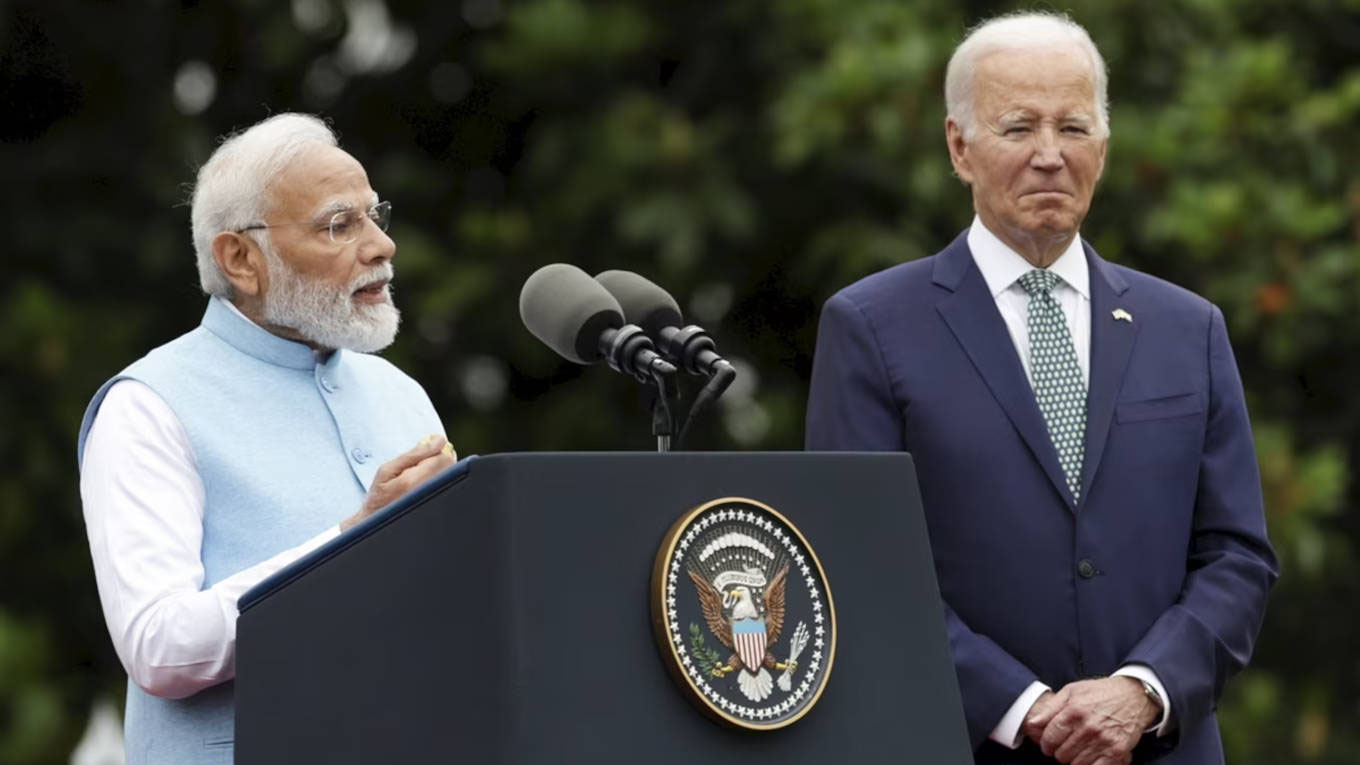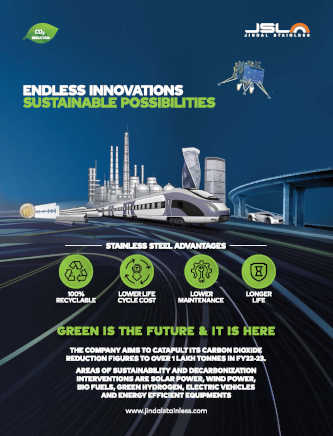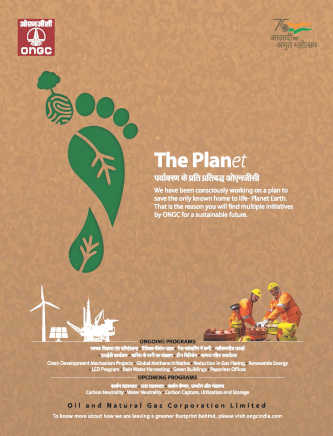While Prime Minister Narendra Modi said in a White House meeting with US President Joe Biden last week that India is the only G20 country that has fulfilled all the promises it made in Paris on climate change, many experts believe that the country’s climate partnership with the US will bring climate action to the global forefront. India is the only G20 country that has fulfilled all the promises it made in Paris on climate change, Modi said at a joint news conference with Biden in the East Room of the White House, asserting that India will not only fulfil its responsibilities but will also help others, including the US, in this critical area. Biden said climate change is the most serious problem facing human beings. “We have to keep it below 1.5 degrees Celsius. We have made enormous progress here in the United States in dealing with this issue,” he said. Emphasising the importance of technology transfer, investments and collaboration in critical sectors, such as renewable energy and electric vehicles, many experts said the bilateral collaboration is an opportunity for both countries to address the global challenge of climate change while reaping economic benefits. RR Rashmi, Distinguished Fellow and Programme Director at The Energy and Resources Institute (TERI), said the statements of Modi and Biden focus on promoting technological collaboration to facilitate a faster and cleaner energy transition. The goal is not merely financial transfers or emission reduction, but rather encouraging the countries falling behind to do more, he said. Chandrabhushan, founder and CEO of the International Forum for Environment, Sustainability and Technology (iFOREST), emphasised the significance of the India-US partnership in achieving New Delhi's updated and ambitious climate goals, which include reducing the emission intensity of its GDP by 45 per cent by 2030 as against the earlier target of 33-35 per cent (compared to the 2005 emission levels) and achieving 50 per cent cumulative installed electric power capacity from non-fossil fuel sources (including nuclear) by 2030. He highlighted the importance of technology transfer, particularly in critical minerals, battery technology and renewable energy, drawing parallels with the ongoing success of the "Make in India" initiative in the defence sector. The climate policy expert said the collaboration with India will also reduce the US's dependence on China for low-cost solar panels. "Currently, the US is dependent on China for the import of solar panels as Beijing is producing those at a cheaper rate. But so can India. Because India's labour cost is low, it can produce the same thing and supply it to the US at a lower cost. So it is mutual. They have cutting-edge technology and we have a large manpower and affordable manufacturing cost," he said. Aarti Khosla, director of Climate Trends, said establishing the India-US relationship as a key pillar of climate action assumes particular importance in the current context of strained US-China relations. Khosla highlighted the potential for collaboration between the two countries in finance mobilisation, technology and innovation, particularly in sectors such as electric vehicles, wind power and battery technology. "With India's big commitment on renewable targets, green hydrogen and electric vehicles, there are a lot of similarities between how the US and India can help each other on finance mobilisation, and also on technology and innovation when it comes to sectors like electric vehicles or wind power or battery technology. And that definitely keeps a lot of room for collaboration given that the India-US vibe is quite positive at the moment," she told PTI.
-

India is the only G20 country that has fulfilled all the promises it made in Paris on climate change, Modi said in a White House meeting with Biden























